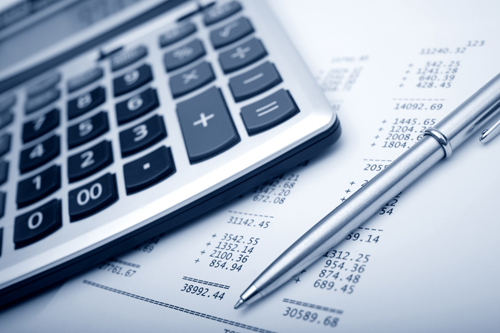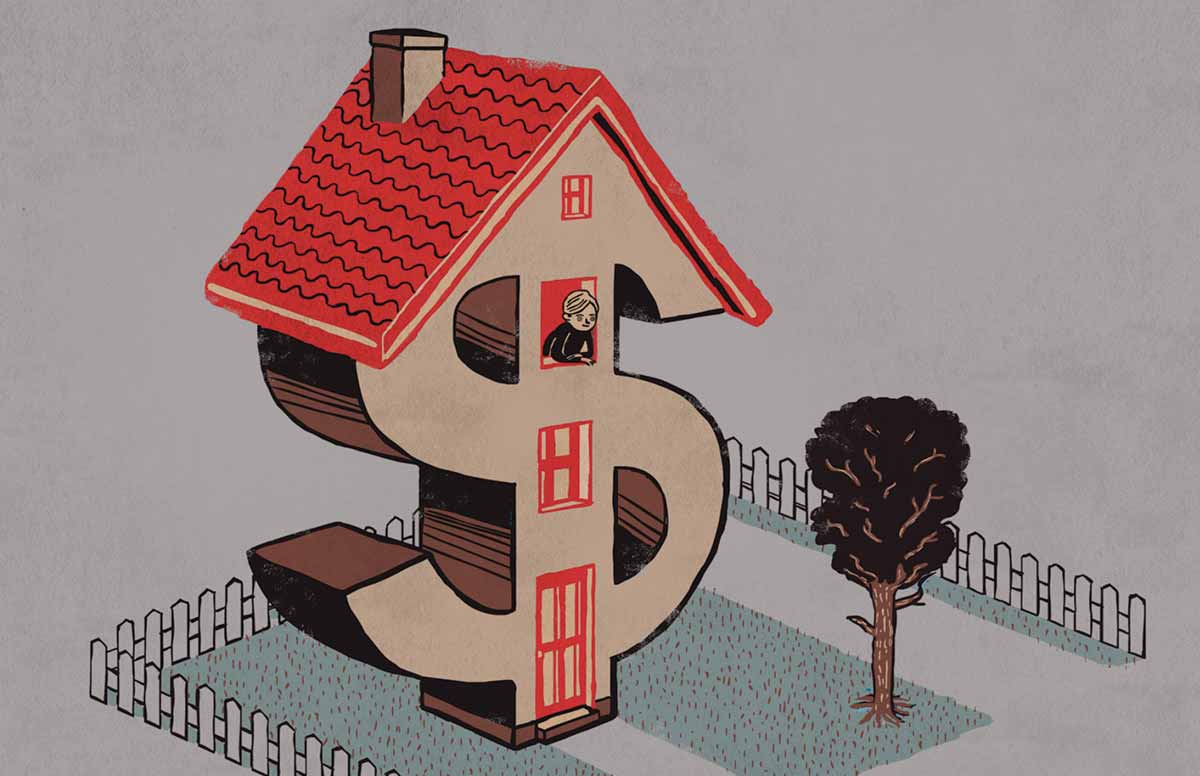With traditional income generators such as bonds and certificates of deposit (CDs) offering virtually no returns, many retirees are looking to real estate for regular income during their golden years. An estimated one in 10 retirees already supplements his income with some type of rental property. Using rental property for additional income shows no signs of decreasing in popularity as interest rates remain low. Assess whether the rental game is compatible with your lifestyle, how to identify suitable properties, common pitfalls to avoid, and how to secure financing.
 Maintenance
Maintenance
First of all, it is important to remember that rental property requires at least as much maintenance as your own home, and probably more, as renters have little incentive to care for the place beyond making sure they get their security deposits back. This maintenance not only means having to remove wasp nests and fix cracks in the foundation; it also involves toilets breaking at 2 a.m., requiring emergency plumbing services. If you live near your rental property and feel comfortable tackling any problems that may pop up, maintenance does not have to be a big factor in the equation, assuming you are cautious when buying the property. If you live farther away or do not want to be on call 24/7, you may have to hire a property manager.
Property Management Companies
The benefit of hiring a property management company is the company typically handles all the day-to-day tasks such as taking after-hour calls and collecting rent, thus generally reducing your participation to cashing the check each month. The downside is the company charges a fee for these services, taking a sizable chunk out of your monthly income, and you are still on the hook for big-ticket things such as replacing the plumbing system if it turns out you bought a run-down property. Check out the costs of local property management companies but expect most to cost around 10% of the monthly rent collected with extra charges in case of special circumstances, such as evictions.
Finding the Right Property
Local knowledge is a must to ensure you get the property you need. First off, make sure you do not overpay. The age-old rule of thumb for rental property is you should not pay more than 12 times the annual rent you can charge. Knowing the local rental market gives you an idea of what you can realistically expect, but allow for some wiggle room to the rule if you live in a notoriously expensive area such as New York or San Francisco.
For example, if you buy a duplex for $200,000, the rule allows for a total annual rent of about $16,700 for both units, or $8,350 each. This is $700 a month. But what if you have one of the units sitting empty for a few months? You need some padding for the unexpected, which is why experts recommend adding 10% to the top. Ask for at least $775 a month. Look to see if that amount jives with similar rentals in the area. If so, proceed with the purchase. If comparable rentals go for $600 to $650, it is time to walk away and look at other properties.
Secondly, you want to be certain the property rents out easily. The best way is to view the property as a potential renter, not a landlord. A great view, proximity to the local university or convenient public transit are stand-out features to consider. Beware of “falling in love” with a house; after all, you are buying it to make money off the deal, not live there yourself.
Finally, getting the property inspected inside out by a professional is vital. A rotten roof requiring a $10,000 replacement in the first year can wipe out all profit for several years into the future.

Financing and Taxes
Expect to make a 20 to 30% down payment even with good credit. People are naturally more attached to the house they physically live in than a rental property, and banks are still nervous after the 2008 real estate meltdown. Likewise, it is much easier to get a mortgage for your rental property before you retire.
If you do not have a lot of spare cash, you may be able to tap your retirement accounts for the down payment. In fact, there could be substantial tax benefits to doing so depending on the type of retirement plan you have. The rules are different for IRAs, Roth IRAs and 401(k) plans, so consult with your tax preparer to get an idea of your options and potential tax impact.
Another benefit of a rental property is it enables you to claim a depreciation deduction on your federal tax return. Note that you may end up owing more in taxes if you sell the property at a profit later.
Downsides
There are a number of potential pitfalls to consider. A group of rowdy college boys can cause damages exceeding the security deposit, and a puppy chewing on everything can add up to many times the extra $10 pet rent each month. A deadbeat renter who gets evicted almost always ends up being a net loss for the landlord.
Extended periods of the property sitting empty can eat away the year’s profits in a hurry, even with the 10% extra padding. Your state and municipality may tax your rental property differently from your own home, meaning you may miss out on key deductions and end up paying unexpectedly high property taxes. Also, make sure you research whether the municipality has mandatory inspections and fees. Some places try to curb the conversion of owner-occupied to rental property by making it a costly bureaucratic mess.
Bear in mind that real estate is illiquid and should be viewed as a long-term investment. The days of profitable house-flipping are long gone, and considering the high transaction costs such as realtor fees and closing costs, you are in for the long haul when you buy investment property. This means you need a sufficient cash buffer to cover your living expenses for at least six months if something unexpected occurs.
If you do your homework and find a suitable property, you may have the key to a secure and convenient retirement. Just make sure you take all factors into consideration, and do not forget to discuss the tax impact with a local tax professional to avoid unpleasant surprises later.
If you want to learn more about property investment, click the following link: PropertySeminar.com.my
How to use creative strategy to own a property in Malaysia? Click the following link to learn more: PropertyMillionaireIntensive.com
